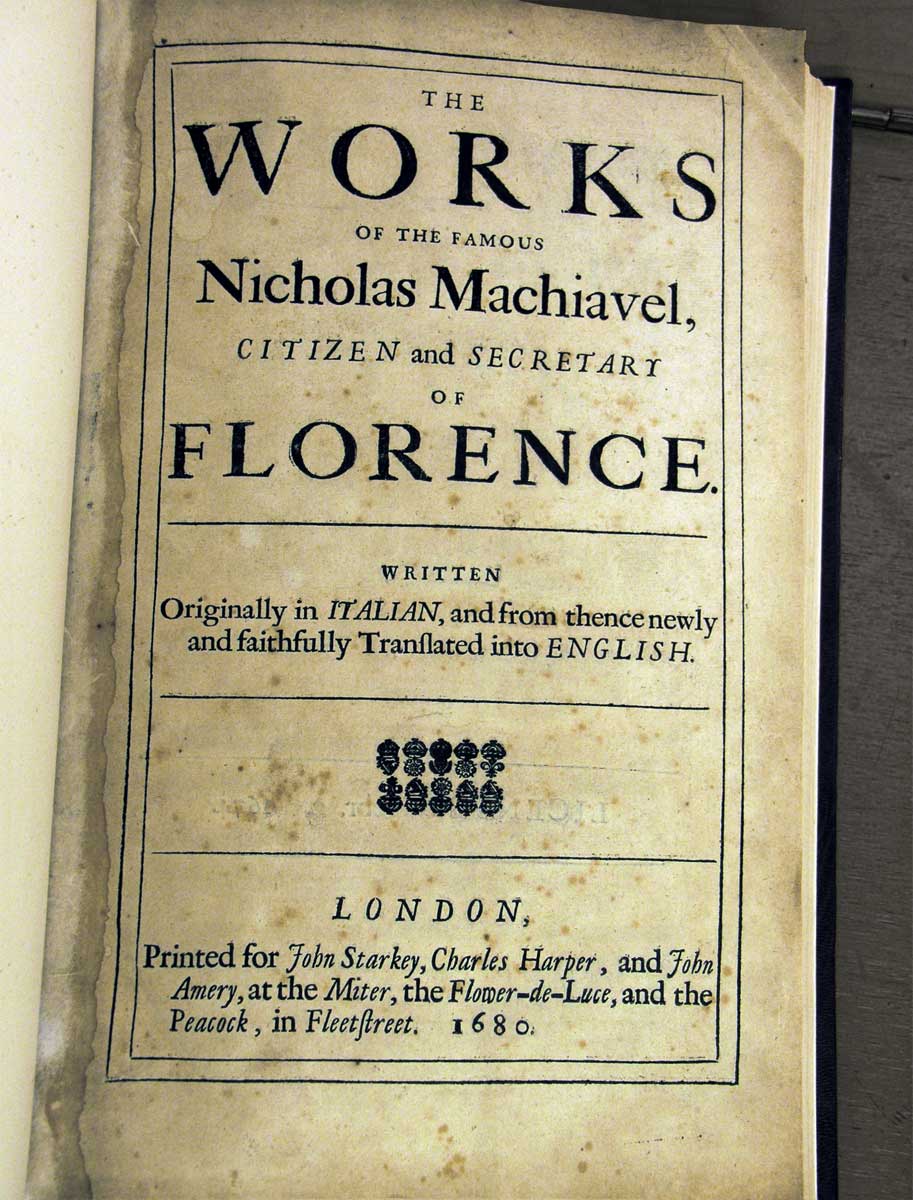"Questa inconstante dea": Machiavelli’s Amoral Fortuna
DOI:
https://doi.org/10.13135/2038-6788/9301Parole chiave:
Fortuna, Machiavelli, Principe, Prudenza, VirtùAbstract
Machiavelli often portrays fortuna as an inconstant, amoral power that gives or takes benefits regardless of its beneficiaries’ or victims’ merits. Yet though fortune appears omnipotent, he also insists that human beings have a power of their own – virtú – that can reduce its impact. What is this virtú that can lessen the harms inflicted by fortuna? This, I’ll propose, is the real question posed by Machiavelli’s often deeply perplexing reflections on fortune. His main concerns are ethical: he is interested in how human beings react to the seemingly arbitrary advantages and disadvantages they call fortuna, and how they help to create their good or bad circumstances by their own good or bad choices.


